Mornings Misfired: Doctors Reveal the 6 Risks of Eating Cereal Regularly
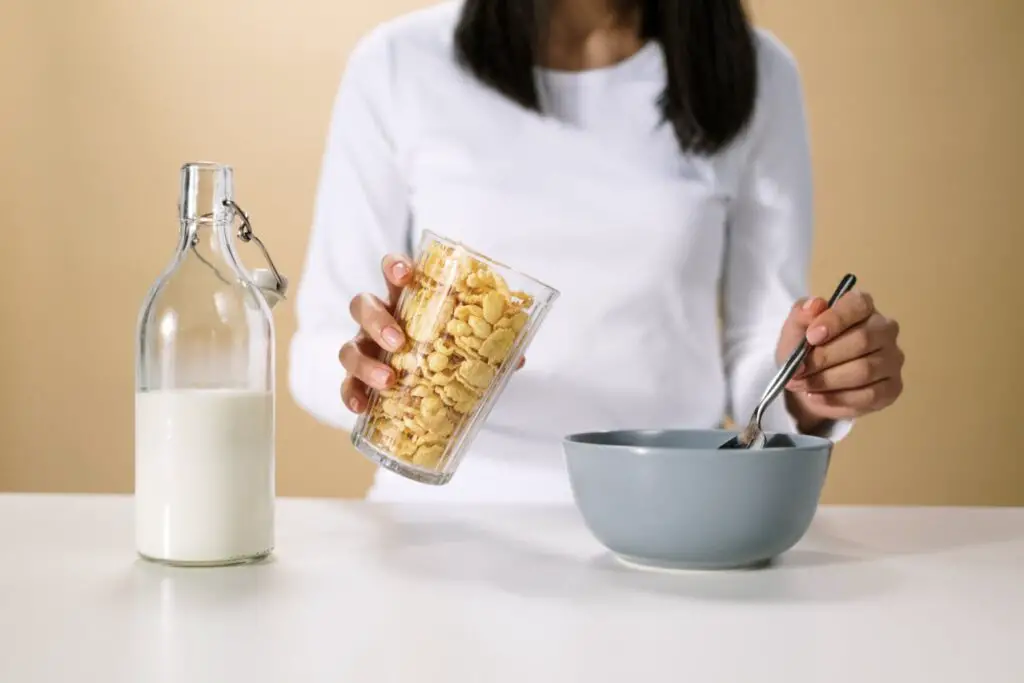
Cereal has long been the poster child of American mornings. It is quick, convenient, and comes in brightly colored boxes that practically jump off the grocery shelf. For many of us, it was our childhood wake-up call—the crunch, the splash of milk, maybe even a prize at the bottom of the box. Fast forward to adulthood, and cereal still feels like an easy, no-brainer way to start the day. But here is the twist: doctors say that bowl of flakes and marshmallows may not be the innocent breakfast we grew up with.
Behind the cheerful mascots and “heart-healthy” labels lurk health concerns that can sneak up on you when cereal becomes your daily go-to. From blood sugar spikes to sneaky toxins, here are six risks doctors want you to know about before you grab the spoon.
1. Sugar Spikes and Crash Landings

Pouring a bowl of cereal might feel like the easiest way to kick-start your morning, but it often comes loaded with added sugar. Many cereals contain 10 to 20 grams of sugar per serving, which is closer to dessert than breakfast. That quick burst of sweetness rockets your blood sugar up, only to send it crashing down an hour later. You are left tired, irritable, and craving more food—often something equally sweet.
Over time, this roller coaster effect does more than just ruin your morning mood. Doctors warn that constant blood sugar spikes increase your risk for Type 2 diabetes and heart disease. Even your teeth pay the price, with added sugar being a top contributor to cavities. That morning bowl may be fueling more than just your commute—it could be setting you up for long-term health problems.
2. Ultra-Processed Pitfalls and Hidden Health Hazards
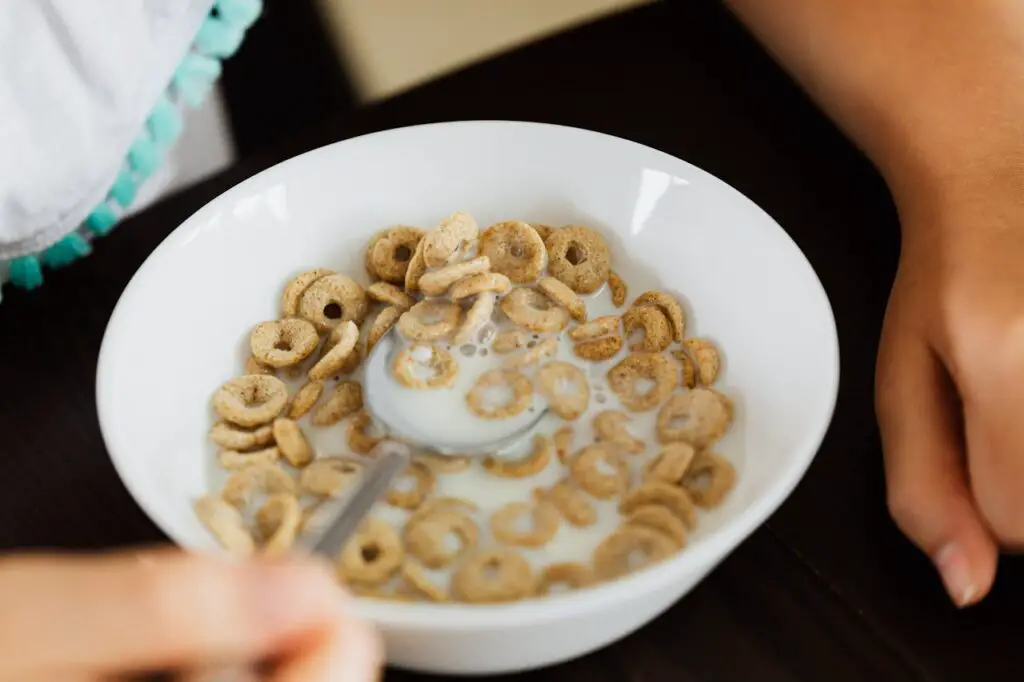
Another concern? The ultra-processed nature of most cereals. While marketing makes them seem wholesome, many cereals are the result of heavy processing, stripping grains of nutrients and adding back artificial ingredients, flavorings, and dyes. Ultra-processed foods have been linked in studies to higher rates of obesity, depression, and even early mortality.
Doctors point out that the problem isn’t eating cereal once in a while—it’s making it your mainstay breakfast. If your day begins with ultra-processed cereal, followed by a processed lunch and quick-fix snacks, the cumulative toll on your body can be significant. That cheerful crunch you love may be disguising a long-term health hazard.
3. Misleading Labels and False “Healthy” Claims
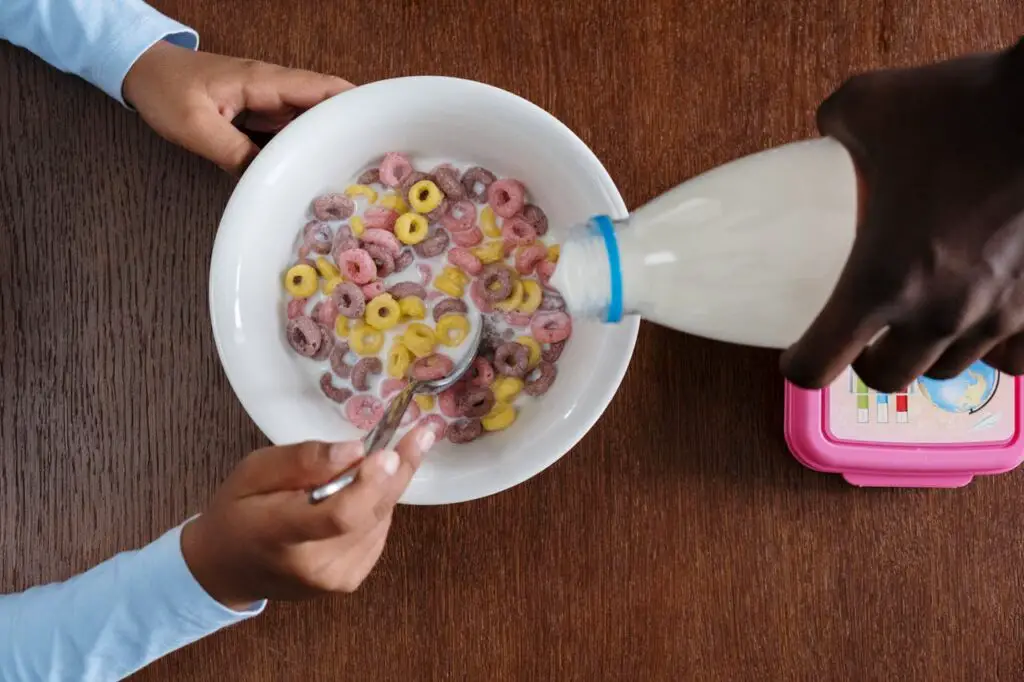
One of the sneakiest risks with cereal is the way it is marketed. Words like “whole grain,” “low fat,” and “fortified with vitamins and minerals” make us feel like we are making a smart choice. But here’s the catch: many of those cereals still pack in plenty of sugar and very little fiber.
Doctors warn that relying on packaging claims alone can fool you into thinking you are eating something nourishing, when in reality, you might just be starting your day with glorified candy. The golden rule? Always check the nutrition label on the side of the box. If sugar is one of the first three ingredients, no matter how heart-healthy the box looks, it is not doing you any favors.
4. Cumulative Toxins: Cadmium and Other Unwanted Guests
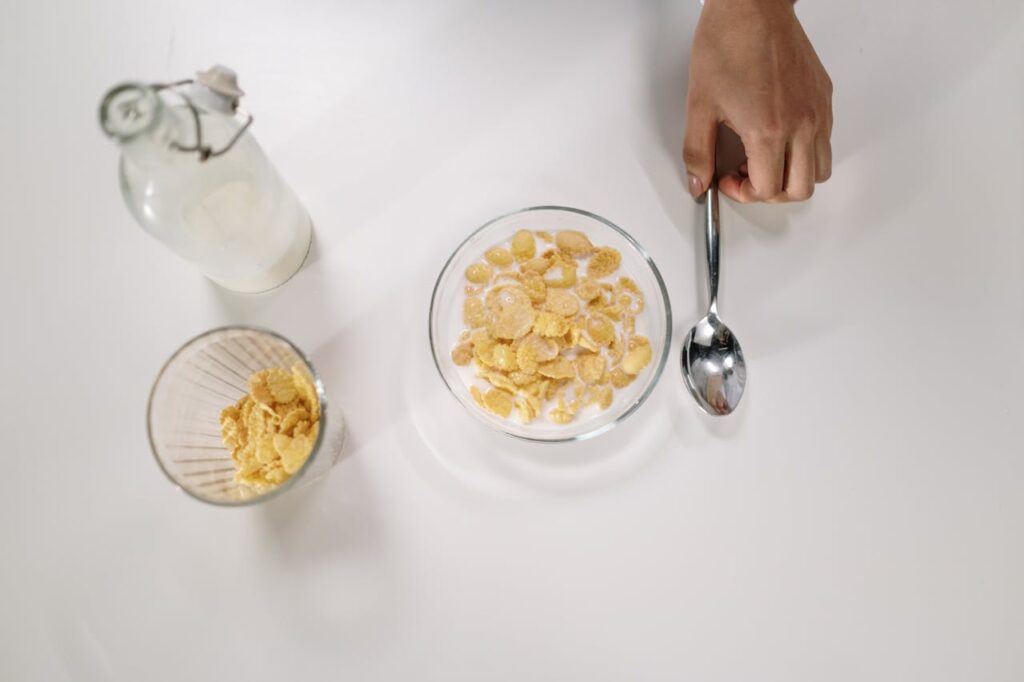
This one sounds like science fiction, but it is a real concern. Some cereals, especially those made with wheat, may contain cadmium, a toxic heavy metal absorbed from phosphate fertilizers used in agriculture. While each bowl might only contain a tiny amount, cadmium accumulates in your body over time, raising your risk for kidney problems, high blood pressure, and even cancer.
Doctors and nutrition experts stress that this risk is especially concerning for children, whose bodies are more vulnerable to toxic buildup. It is one more reason to think twice before relying on the same cereal every single morning. Variety in your diet can help reduce long-term exposure to potential toxins.
5. Nutrient Imbalance: Fortified but Not Balanced
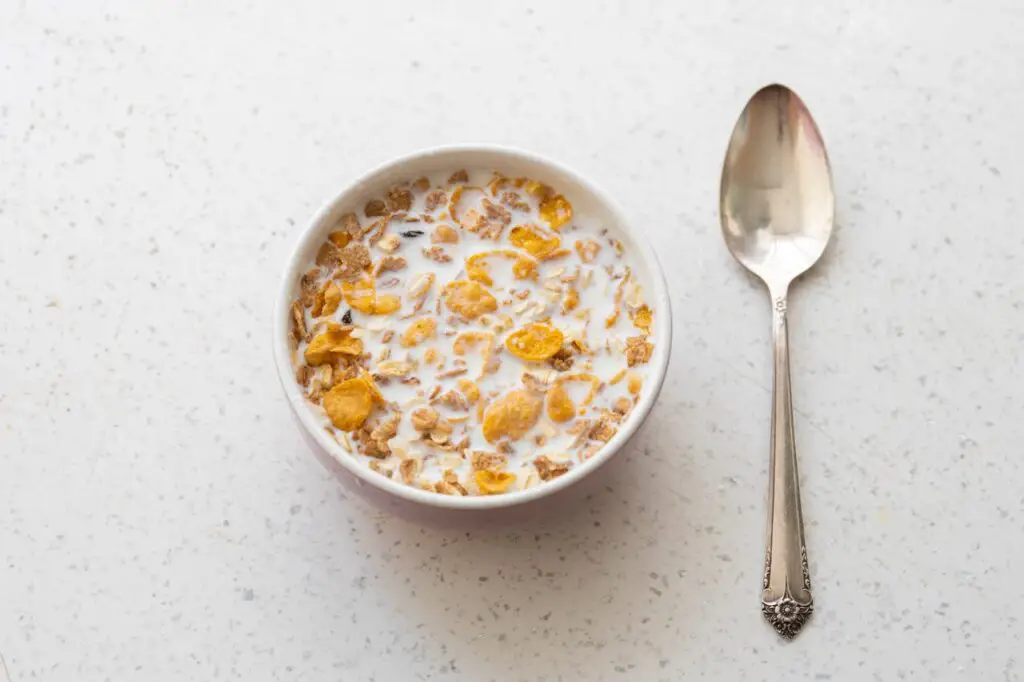
Yes, most cereals are fortified with vitamins and minerals like iron, vitamin D, and B vitamins. That might sound like a win—but it is not the whole story. Many cereals still lack the essential building blocks of a balanced breakfast: protein and healthy fats. Without these, your breakfast won’t keep you full for long, leading to hunger and cravings before lunch.
Doctors recommend pairing cereal with nutrient-dense foods to balance the meal. Adding Greek yogurt, nuts, or milk can transform a quick bowl into something that fuels you better. Without that balance, cereal alone is often more of a snack than a true breakfast.
6. Overeating and Misleading Portions

Take a look at your cereal box: most serving sizes are listed as three-quarters of a cup to one cup. Now think about your breakfast bowl. Chances are, you are pouring double or even triple that amount without realizing it. And with sugary cereals, that means tripling the sugar and calories, too.
Doctors say portion distortion is one of the biggest hidden risks of cereal. We treat it like a free-pour breakfast, but the numbers add up quickly. That oversized bowl may be the reason your “light” breakfast is not so light after all.
Final Thoughts

Cereal has been marketed to us for decades as the ultimate breakfast convenience—fast, fun, and family-friendly. And to be fair, it does have its place. On a busy morning, grabbing a bowl is far better than skipping breakfast altogether. But when cereal becomes your daily habit, the risks begin to pile up.
Sugar crashes, ultra-processed ingredients, misleading labels, toxic buildup, poor nutrient balance, and oversized portions are not the kind of surprises you want waiting in your breakfast bowl. The good news? None of this means you have to give up cereal forever. It just means eating it more mindfully. Choose options lower in sugar and higher in fiber, keep an eye on portions, and add protein or healthy fats to balance things out. And most importantly, mix up your morning routine so cereal is not your only option.
Think of cereal as the fun, occasional breakfast guest—not the daily headliner. By treating it that way, you can still enjoy the nostalgia and crunch without letting it take a bite out of your health. After all, mornings should fuel your day, not drain it—and a smarter approach to cereal can keep you energized, focused, and ready for whatever comes next.
Leave a Reply